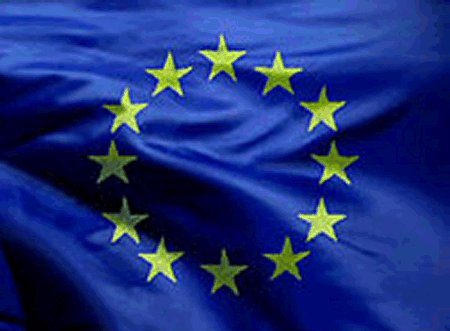The European Union today asked the World Trade Organisation’s (WTO) Dispute Settlement Body to allow the imposition of countermeasures against the United States in the “Boeing case”. This follows the EU’s assessment that the United States had not lived up to its obligation to remove its illegal subsidies in the aircraft sector, as required by the WTO rulings that clearly condemned US subsidies to Boeing.
The requested countermeasures would amount to up to US$ 12 billion annually, based on estimates of the damages suffered by the EU due to unfair and biased competition from the US industry. The EU request is based on Article 22.2 of the WTO Dispute Settlement Understanding.
Background Information
In March 2012, the WTO’s Appellate Body rejected the US appeal and found that US Federal and State governments granted between US$ 5 and 6 billion WTO-incompatible subsidies to Boeing between 1989 and 2006. Subsidies to be granted after this date are estimated to be at least US$3.1 billion.
The Appellate Body went even further than the previous WTO Panel ruling in supporting the EU’s claims, notably by finding that the subsidies granted by the City of Wichita (Kansas) also flout WTO rules.
The Appellate Body DS 353 on Measures Affecting Trade in Large Civil Aircraft (“Boeing”) confirmed several of the key findings of the Panel report that certain subsides to Boeing have damaged the interests of the EU and Airbus, notably:
- Research and Development funding granted by NASA to Boeing – US$2.6 billion;
- Research and Development funding granted by the US Department of Defence to Boeing – up to US$1.2 billion
- Foreign Sales Corporation export subsidies – US$2.2 billion;
- Washington State tax breaks to a value of close to US$3.1 billion for the period 2006-24.
The Appellate Body expanded the findings against the US by determining that US$476 million subsidies granted by the City of Wichita (Kansas) are also causing adverse effects.
On 23 March 2012, the Dispute Settlement Body of the WTO adopted the Appellate Body report, giving six months to the US to either withdraw these illegal subsidies or remover their adverse effects, in line with WTO law provisions, and notably the Subsidies and Countervailing Measures agreement.
What type of sanctions will the EU effectively propose?
The EU’s countermeasures would consist of one or more of the following:
- Suspension of tariff concessions under the General Agreement on Tariffs and Trade 1994 on a list of US products to be established in due course.
- Suspension of concessions and other obligations under the WTO Agreement on Subsidies and Countervailing Measures (SCM)
- Suspension of horizontal or sectoral commitments under the General Agreement on Trade in Services.
Will the EU impose these sanctions immediately?
No. In January 2012 the EU has signed a “sequencing agreement” with the US, in order to facilitate the litigation process. The EU committed not to apply sanctions without prior approval from the WTO. The compliance process which is starting now precisely aims at obtaining this approval and is likely to take 1-2 years.
Next steps
On 25 September 2012 the EU challenged the US non-compliance and requested to enter into consultations with the US. If no agreement is reached during the consultations, the EU has the right to establish a panel to review the issue of US compliance in the “Boeing case”. Today’s request under Article 22.2 of the WTO Dispute Settlement Understanding can be referred to arbitration. This arbitration would however be suspended until the WTO will have ruled on the US’s compliance in the “Boeing case”.











